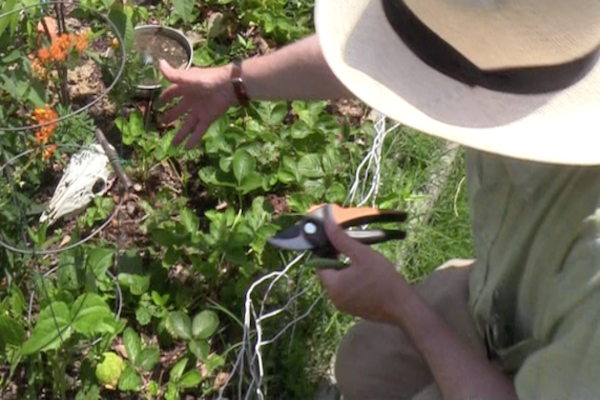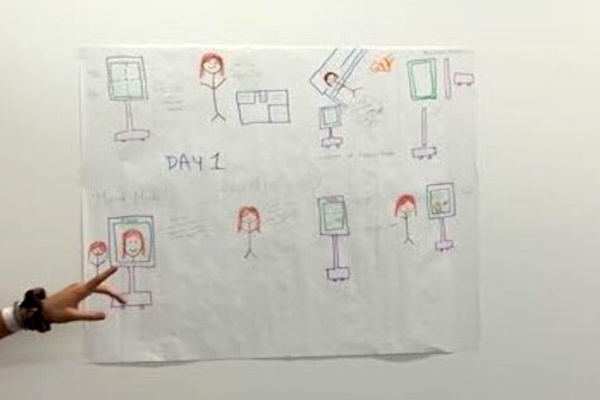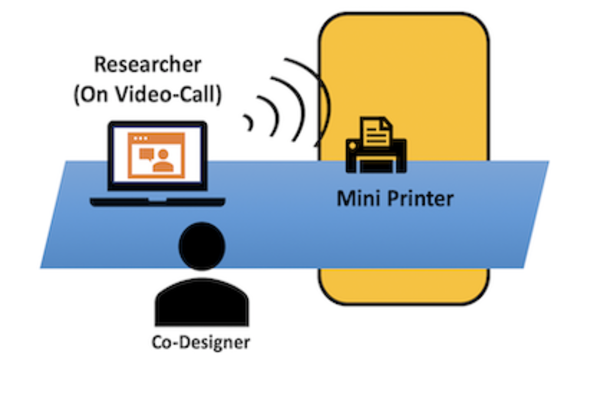
Intergenerational Skill Sharing
This project investigates how to design technology for sharing embodied skills between generations. We are currently studying this topic in the context of gardening, an activity practised by an estimated 42 million US households for a variety of economic, social, and health motivations across age groups.
Pubs: CHI 20, CSCW 22, CHI 23

Technology and Dementia
The goal of this project is to understand and create design criteria for technologies for people with dementia that are enjoyable, relevant, and accessible. We are conducting interviews, observations, focus groups, usability tests, and co-design, with a particular focus on meaningful activities and self-management.
Pubs: CHI 19, 20, 21; CSCW 19, 21; Assets 20
Funding: Grant 90REGE0008, U.S. Admin. for Community Living, NIDILRR, Dept. of Health & Human Services.

Aging with Voice Technologies
Older adults are increasingly adopting commercially available smart speakers like Amazon Echo or Google Home. By understanding older individuals’ current usage, perceptions, and preferences around such technologies, this work explores how these technologies can be customized to better support aging in place.
Pubs: CSCW 19, TOCHI 20
Funding: National Science Foundation award #IIS-1816145.

Advancing Design
We are examining both technological and theoretical approaches to advance design methods for working with older adults and people with dementia. This includes supporting remote, embodied design, participatory action research approaches, and developing a Human Rights-based approach to user-centered design.
Pubs: CHI 20, 21; TACCESS 21
Funding: National Science Foundation award #IIS-2045679.